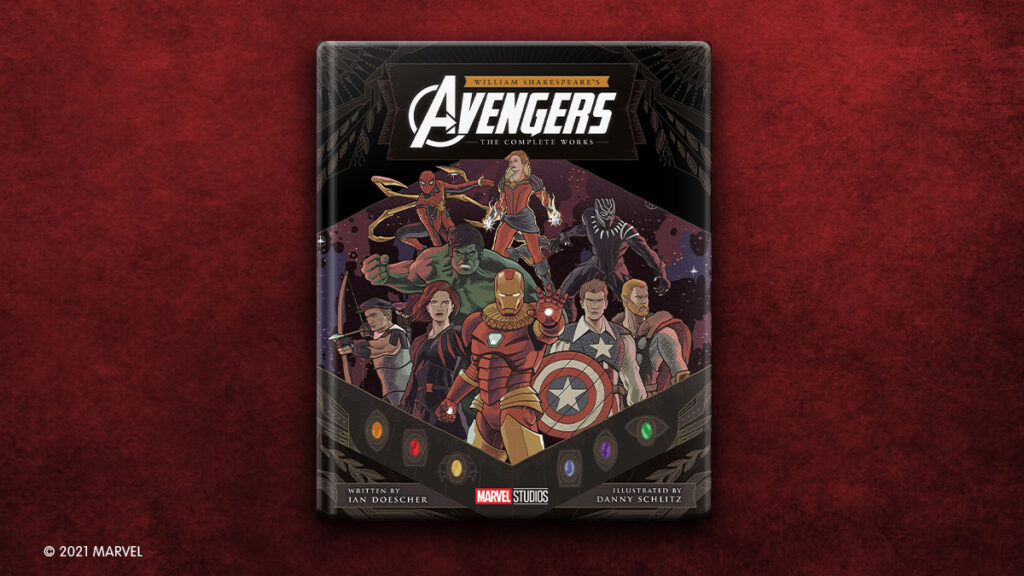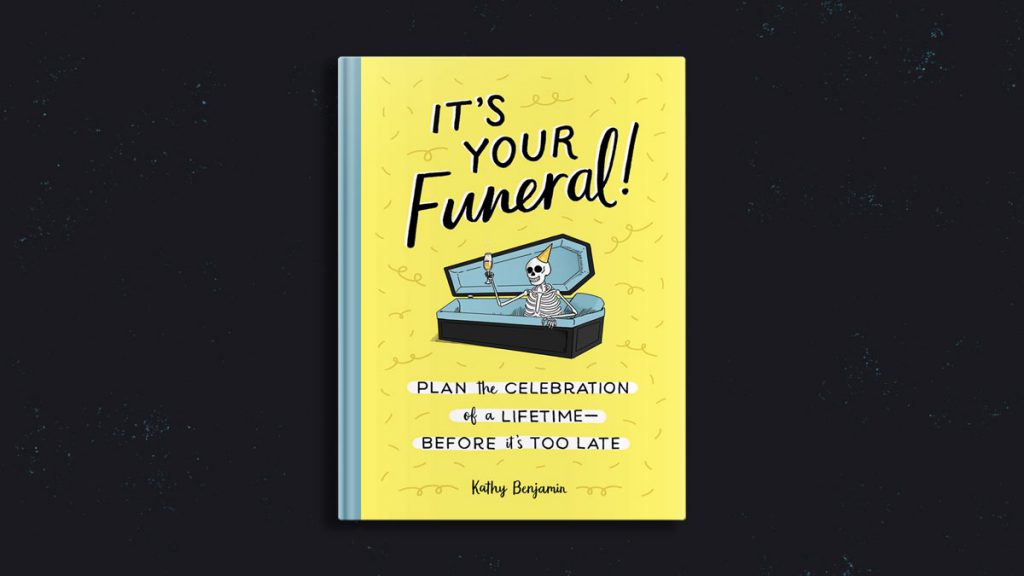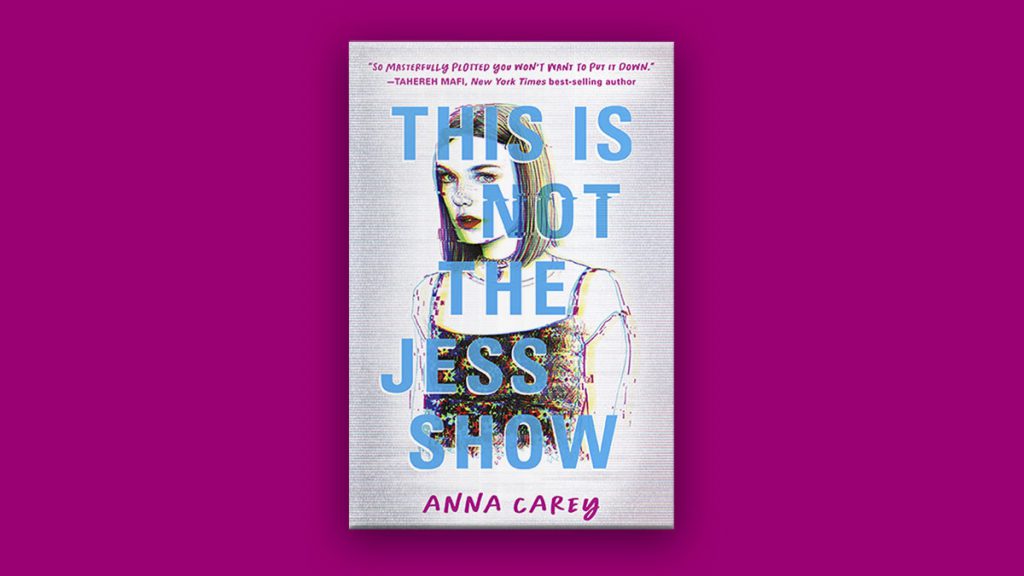All (Pop Culture) Roads Lead to Shakespeare
It’s Shakespeare Day and National Poetry Month and all the things at once so this is a good time to remember that, when it comes to pop culture, all roads lead back to Shakespeare. Don’t believe me? Take this little quiz:
- Name the show: The plot—written (at least partially) while a pandemic was spreading—revolves around a father in declining health whose children are vying to see who will take his place. The rancor among the children and their father grows increasingly dysfunctional and nasty. The whole thing is a gigantic clusterf—well, you get the idea.
- Name the hero: No one in England thought this man was going to do his job well. They said he was foolish and not nearly as skilled as the person before him. But, through his simple wisdom and inspiring speeches, he defies the odds, gets his team behind him, and leads them to some big victories. Honestly, I could watch this show—which is named for its hero—all day long.
- Name the series: This convoluted story involves tons of characters—knights, witches, powerful women, despicable men, etc.—spread across a realm where violence reigns. Full of plot twists, gore, sex, and enough court intrigue to last a lifetime, the author we most associate with the series didn’t write large portions of it. Its popularity led to prequels about the same realm.
- Name the couple: When a certain streaming platform began creating its own content, this hard-hitting couple were the main characters in of one of its first big hits. The husband/wife team stop at nothing—including murder—to rise to the top of the political game. Ambitious and conniving, their struggle for power leaves a trail of death in its wake. In the end, they get what they deserve.
- Name the character: Made popular in previous stories, this trickster of no particular gender can change shape at will and uses magic to do what their boss tells them to. Their antics nearly lead to the existence of an alternate universe with unintended consequences for those they encounter. And despite the seriousness of the stakes, they’re part of a very, very funny show.
How did you do? If you answered…
- Succession
- Ted Lasso
- Game of Thrones
- Francis and Claire Underwood in House of Cards
- Loki
… I’ll give you partial credit. But, of course, the real answers are:
- King Lear
- Henry V
- Henry VI Parts 1-3
- Macbeth and Lady Macbeth
- Puck from A Midsummer Night’s Dream (or, sure, Ariel from The Tempest).
We all know that The Lion King is Hamlet for kids and 10 Things I Hate About You is a modern Taming of the Shrew. But it’s easy to forget how many of our favorite plots and characters have connections to (or origins in) Shakespeare’s plays. Whether the writers of the modern shows mentioned above are conscious of their shows’ and characters’ connections to Shakespeare or whether those links are intentional isn’t the point; Shakespeare is in the cultural ether. No matter how creative our plots or our characters, Shakespeare often got there first.
The ripple effect of Shakespeare’s ideas into modern pop culture is why just about any good movie—like, oh, Star Wars, Mean Girls, or Avengers, to name a few at random—feels at home when it’s rewritten as a Shakespearean play. People sometimes ask me what movies or shows I think would work particularly well in a Shakespearean format, and over the years I’ve realized that basically any well-told story with interesting characters will work. Because that’s what Shakespeare did: tell compelling stories with fascinating characters.
This is also why Shakespeare continues to be relevant today—why, as Brokeback Mountain (see Romeo and Juliet) might have said, we don’t know how to quit him. His plays remain relevant to modern life. I’m reminded of early July, 2020, when (at the midpoint of the Shakespeare 2020 Project) I realized that the year, so far, had offered us:
- Trust and mistrust of government leaders.
- Public confusion and disorder.
- Issues of race that raised vital matters of justice.
- Protest and violence in the streets.
- Questions about the limit of authority.
- Issues around whether family, extended family, or friends are safe to be around.
All of which are also plot points of Shakespeare’s plays. He continues to speak as loudly today as he did in the early 17th century, and that voice is so strong—his stories so universal, his characters so rich—that all pop culture roads lead back to Shakespeare. I imagine that will be true until, as Falstaff said, “Where we’re going, we don’t need… roads.”
—
Where do you notice Shakespeare in pop culture? I’d love to hear. Drop me a line at iandoescher.com. And happy Shakespeare Day, one and all!


